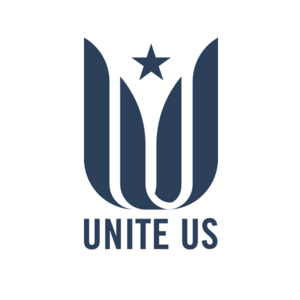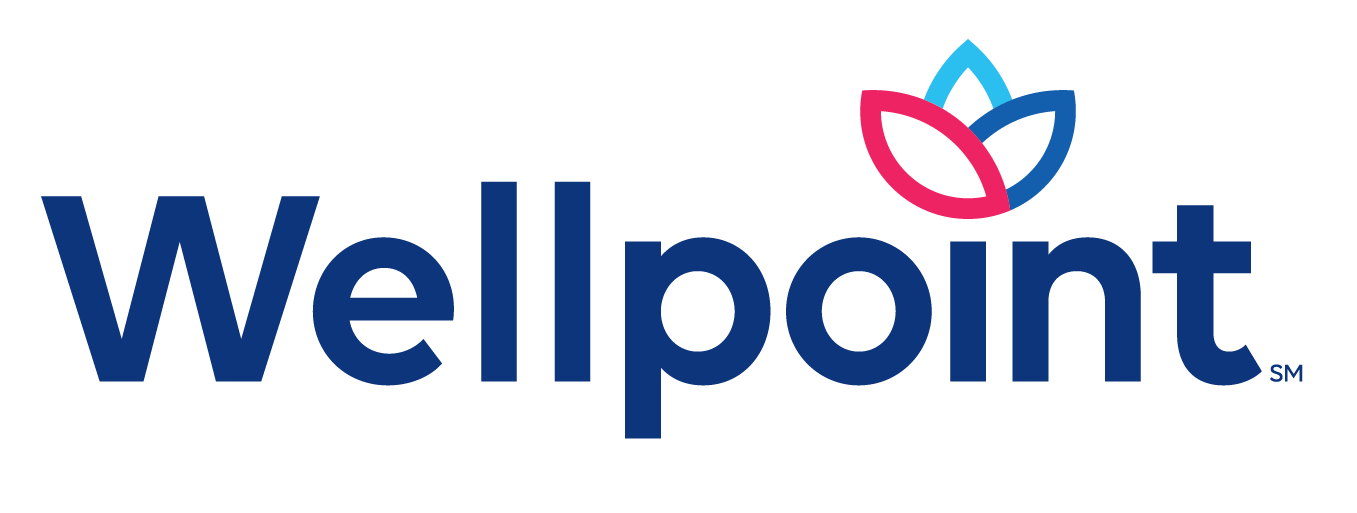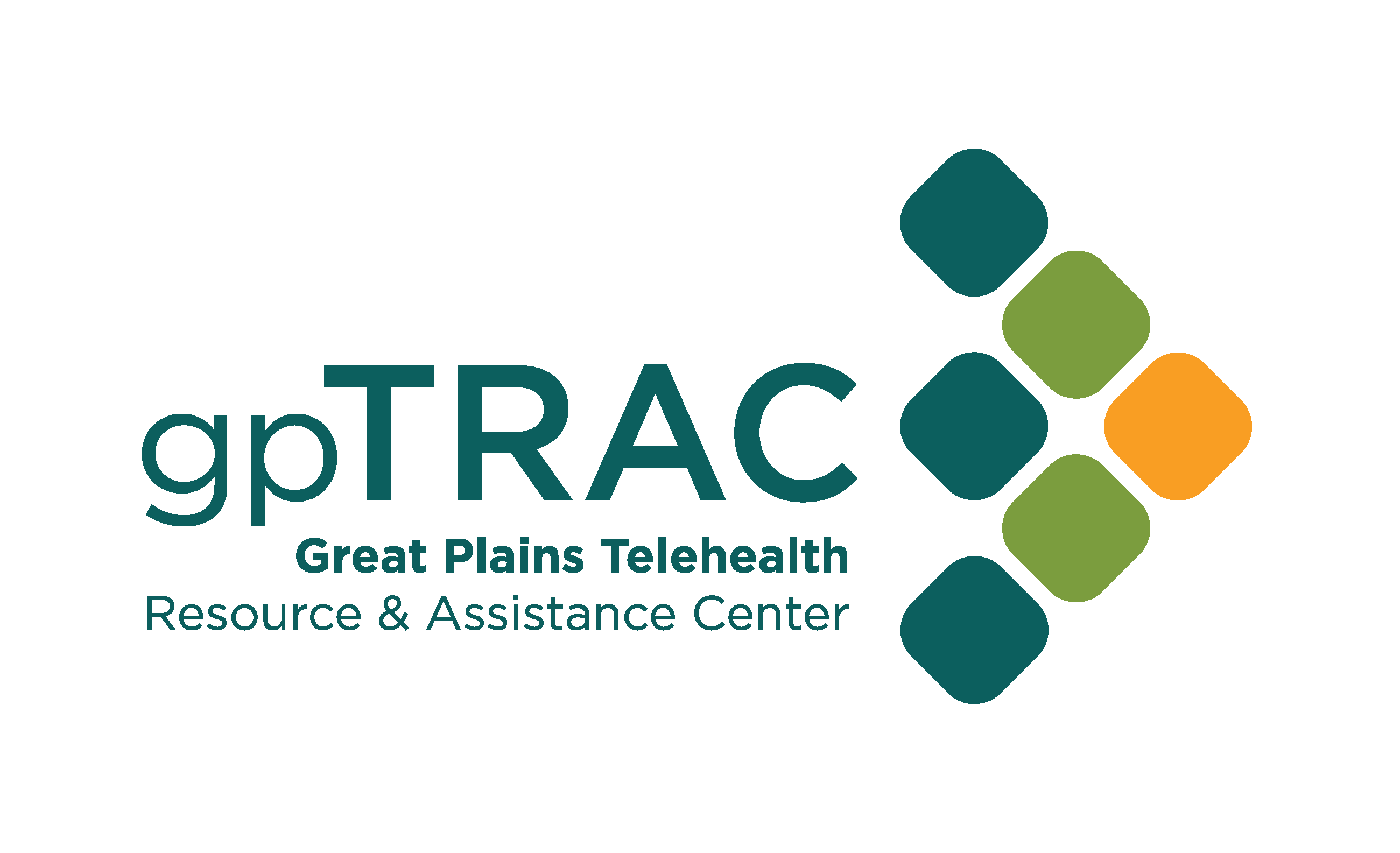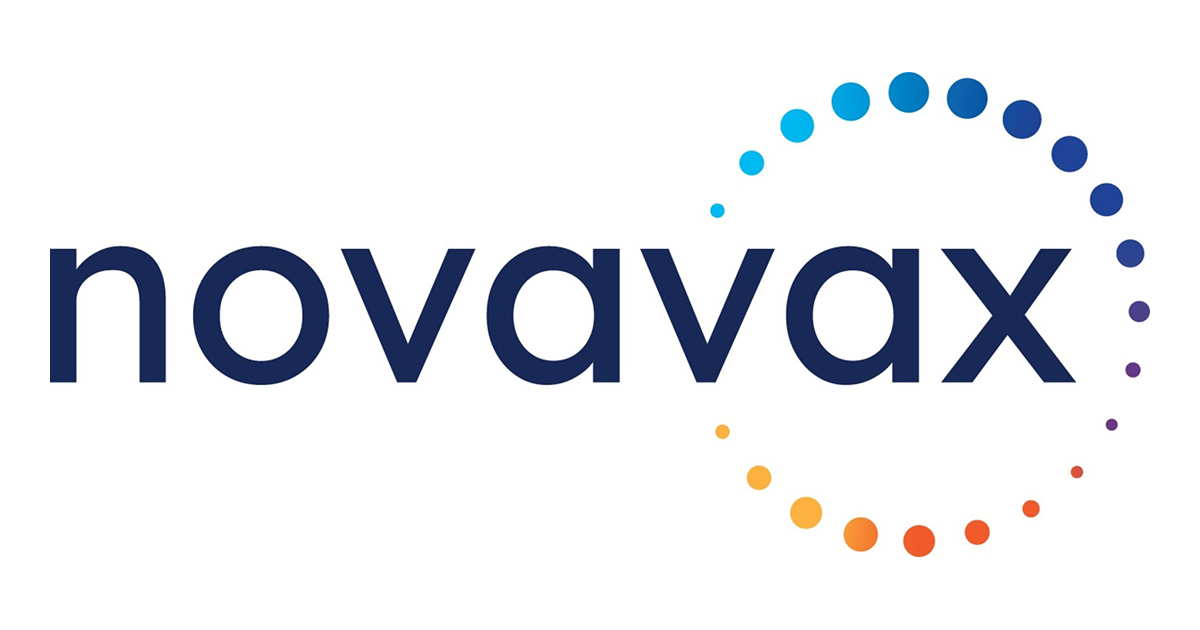The Iowa State Leadership Team consists of the Iowa Primary Care Association, Iowa Department of Public Health and Iowa Coalition Against Domestic Violence working together to promote state-level policy and systems changes to improve response to intimate partner violence (IPV) and human trafficking in community health centers and domestic violence programs across the state.
Iowa is uniquely poised to promote the integration of intimate partner violence (IPV) screening and intervention into practice in our rural communities. In many Iowa communities, the local medical clinic is the predominant public service infrastructure. This is due to the fact that Iowa contains mostly geographically rural regions with limited resources. Partnering local community health centers (CHC) and domestic violence (DV) programs would accelerate survivors’ access to services. Our aim is for CHCs and DV programs to offer intervention and referral to reduce the detrimental impacts of intimate partner violence and human trafficking. Data on IPV and Human Trafficking in Iowa shows there is a growing need for prevention, response, and intervention on these issues.
According to the NISVS 2010-2012 State Report, over a third (35.3%) of Iowa women over the age of 18 report a lifetime history of IPV. Data from the National Human Trafficking Hotline shows that in Iowa calls made to the hotline more than tripled over a four-year period, rising from 63 calls in 2012 to 202 calls in 2016, the overwhelming majority of which were cases of sex trafficking. Healthcare providers are in a unique position to identify and support survivors of IPV and Human Trafficking, given the increased presence that victims and survivors often have in the healthcare system due to the negative health outcomes that are associated with these types of trauma and violence.
From now until September 30, 2018, the Project Catalyst Iowa State Leadership Team will collaborate to:
- promote state-level policy and systems changes that support an integrated and improved response to IPV and human trafficking in community health centers and to other needed services in domestic violence programs.
- offer training and technical assistance to five community health centers and five domestic violence advocacy programs in Iowa that will partner with one another on trauma-informed practice transformation.
- implement a vision and strategy to promote policies and practices that support ongoing integration of the IPV and human trafficking response into health care delivery statewide, and significant inroads into implementation of an action plan to train and engage at least 50 percent of the Health Resources and Services Administration (HRSA)-funded health centers by the end of the project period.
Project Catalyst states will use comprehensive training curricula, health care provider resources, patient education materials, and quality improvement tools developed by FUTURES. This includes ipvhealthpartners.org, an online toolkit developed by and for community health centers and domestic violence agencies looking to forge or expand partnerships.
This project is supported through a collaboration of U.S. Department of Health and Human Services partners, including the Administration for Children and Families’ (ACF) Family and Youth Services Bureau, the HRSA Bureau of Primary Health Care, and the HRSA Office of Women’s Health. Technical assistance and training is provided by FUTURES, along with an evaluation conducted by the University of Pittsburg.
Since 1996, FUTURES has managed the National Health Resource Center on Domestic Violence, supported by the DHHS’ Administration for Children and Families, Family Violence Prevention and Services Program to provide resources and trainings to health practitioners and advocates across the country in order to promote model health responses to IPV. For more information visit acf.hhs.gov/fvpsa.

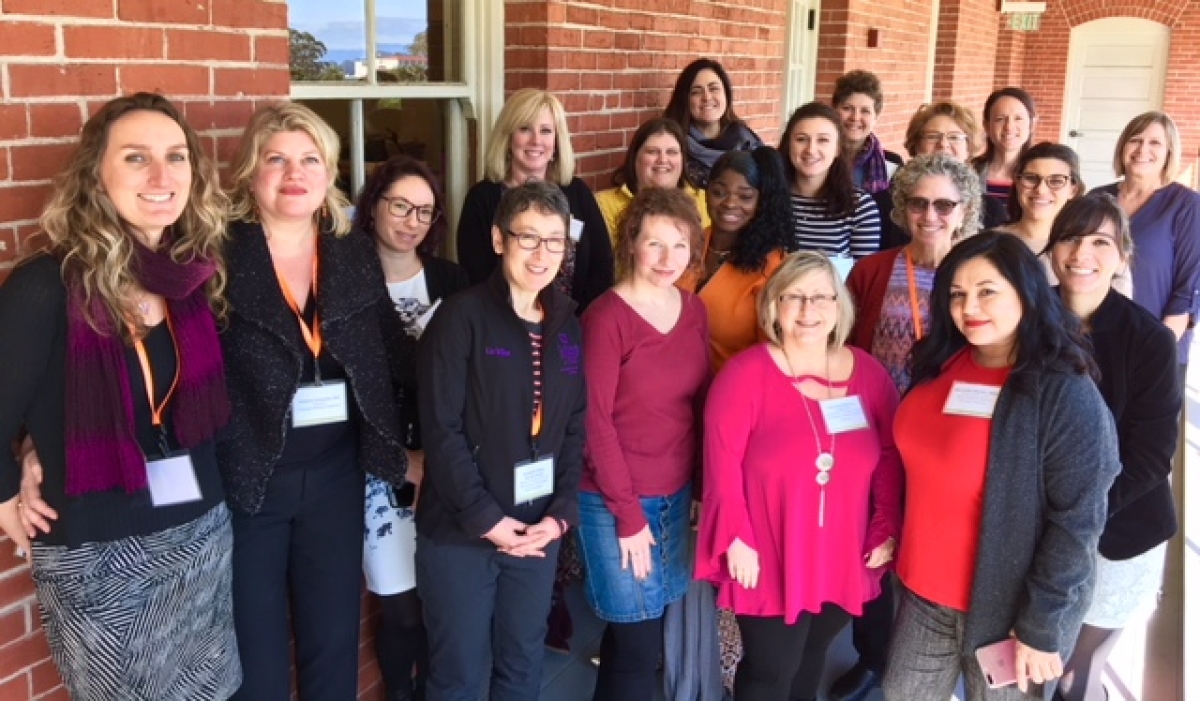
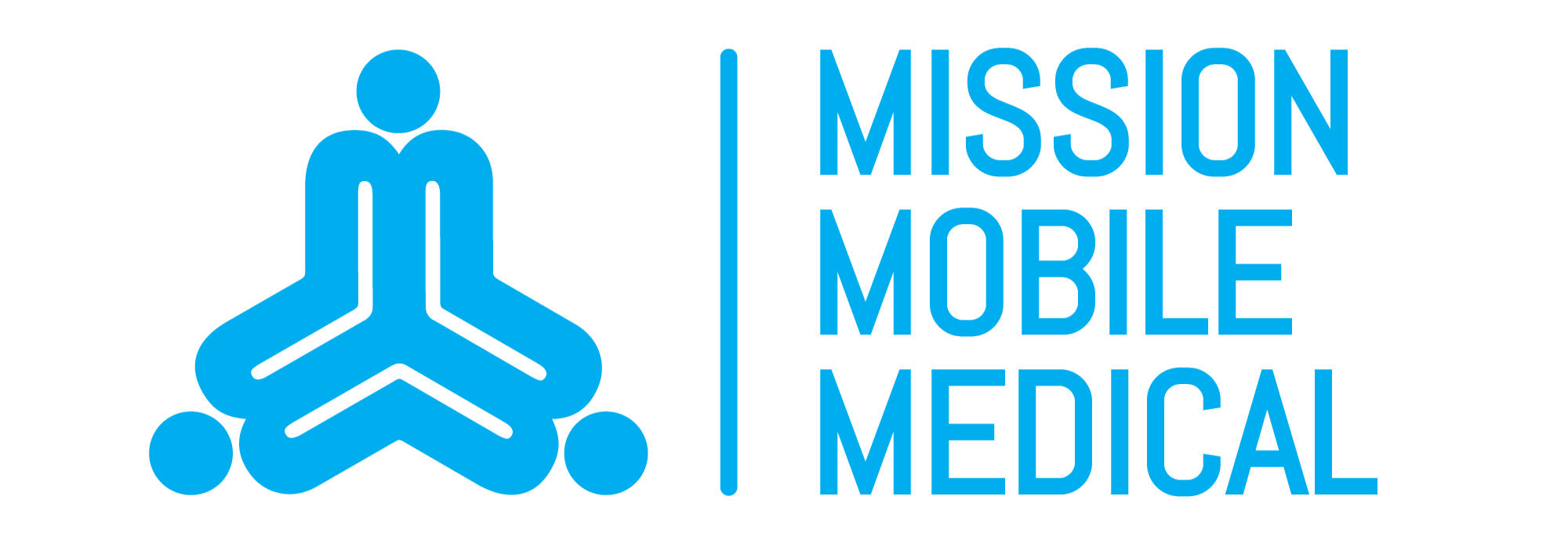

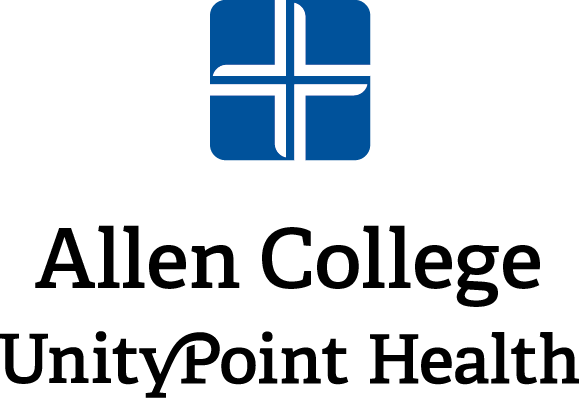






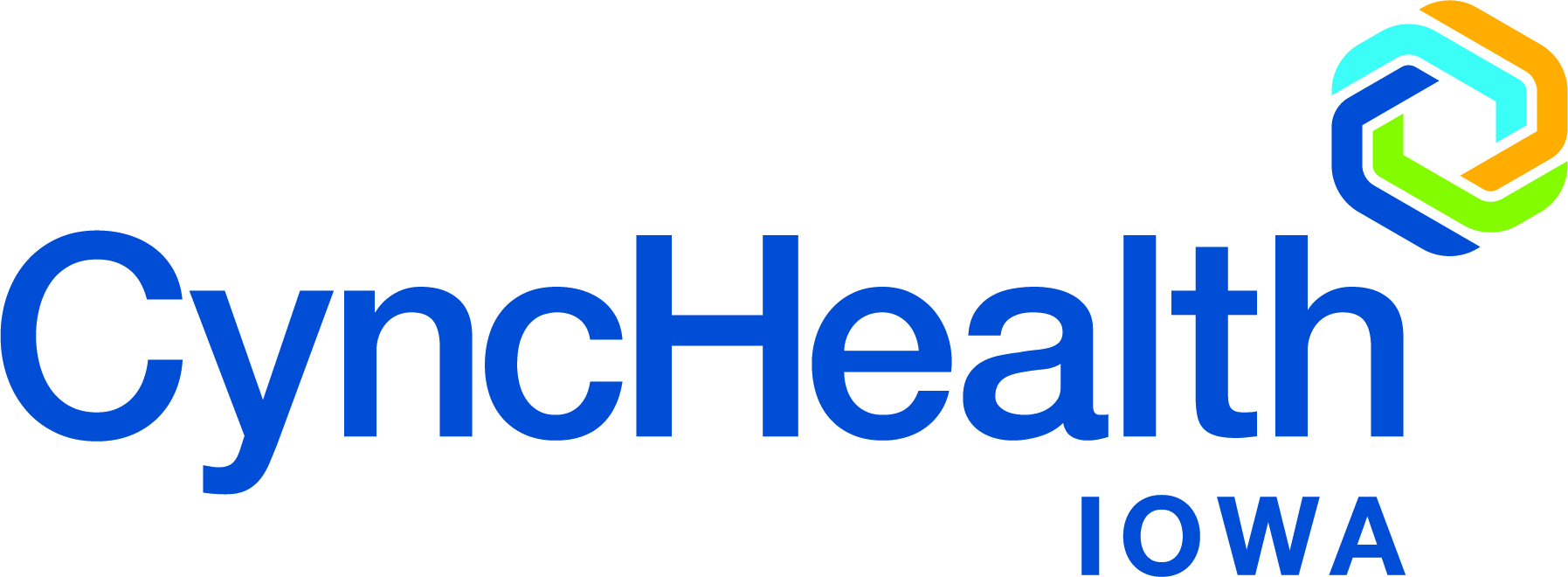

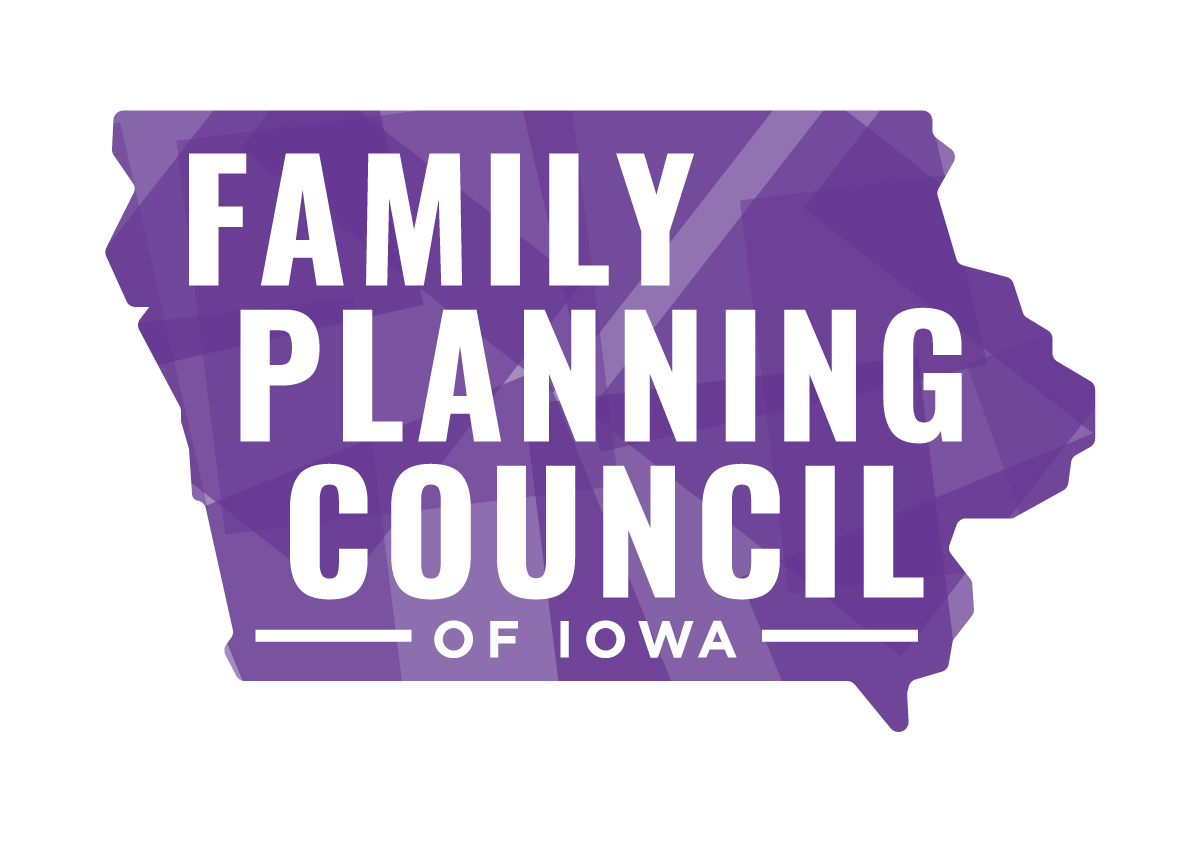




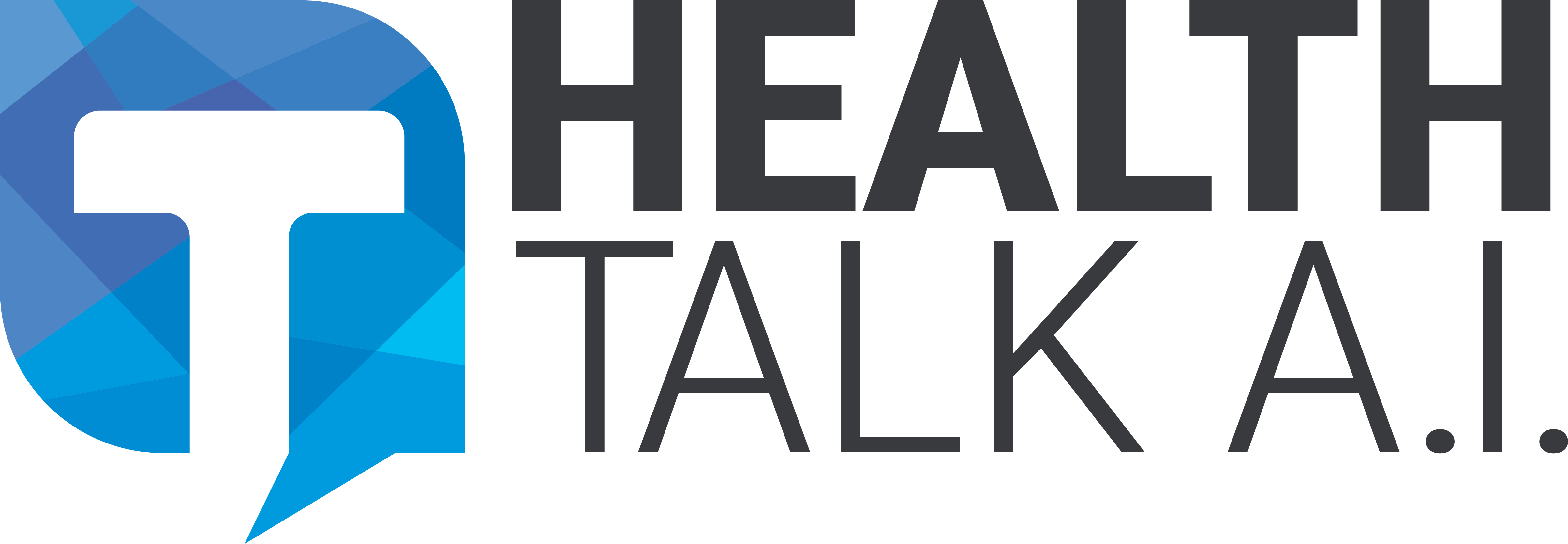
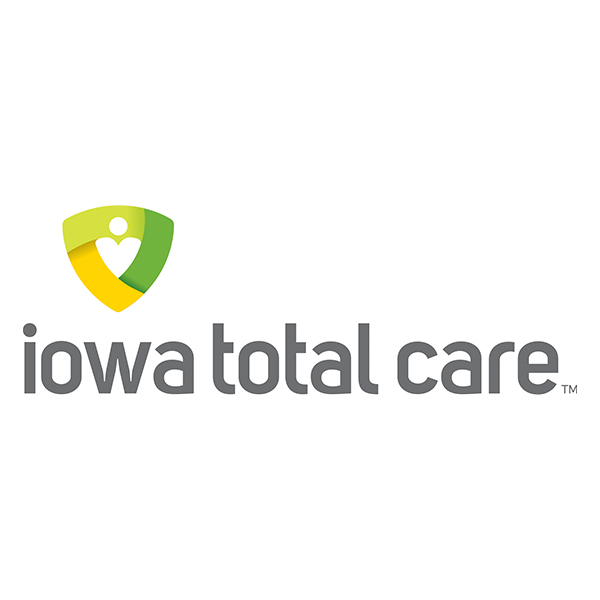




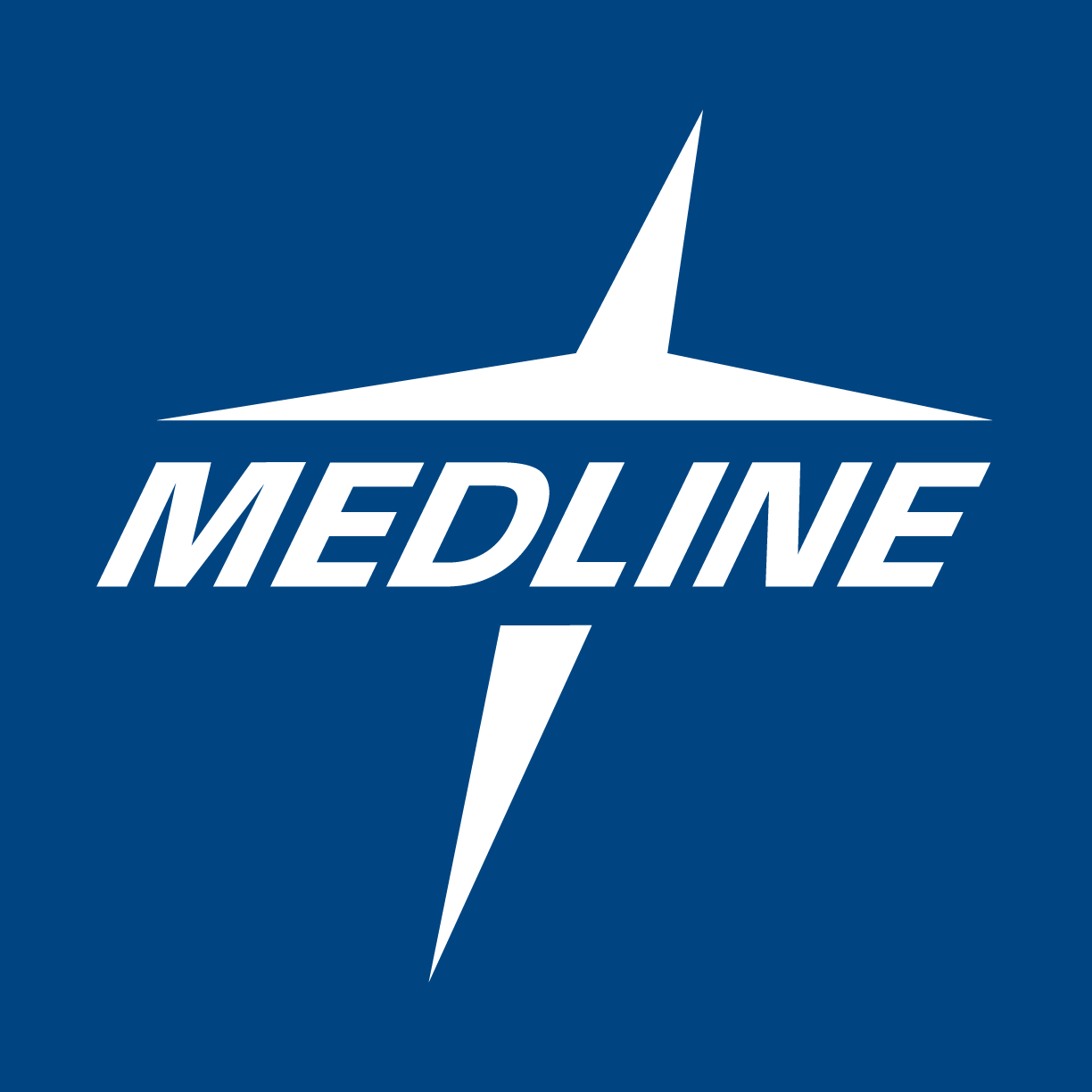


.png)





